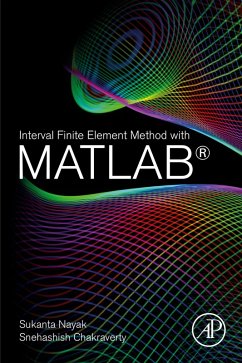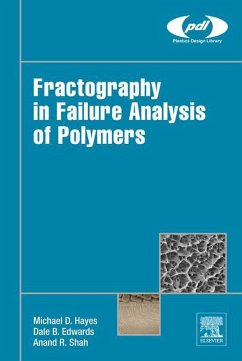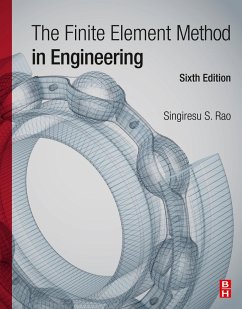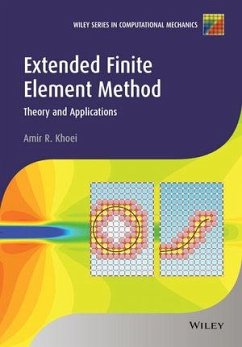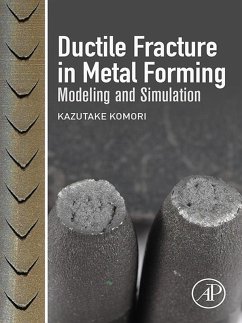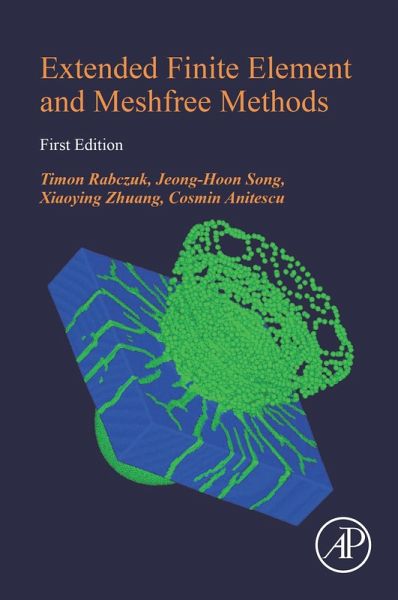
Extended Finite Element and Meshfree Methods (eBook, ePUB)
Versandkostenfrei!
Sofort per Download lieferbar
95,95 €
inkl. MwSt.
Weitere Ausgaben:

PAYBACK Punkte
48 °P sammeln!
Extended Finite Element and Meshfree Methods provides an overview of, and investigates, recent developments in extended finite elements with a focus on applications to material failure in statics and dynamics. This class of methods is ideally suited for applications, such as crack propagation, two-phase flow, fluid-structure-interaction, optimization and inverse analysis because they do not require any remeshing. These methods include the original extended finite element method, smoothed extended finite element method (XFEM), phantom node method, extended meshfree methods, numerical manifold m...
Extended Finite Element and Meshfree Methods provides an overview of, and investigates, recent developments in extended finite elements with a focus on applications to material failure in statics and dynamics. This class of methods is ideally suited for applications, such as crack propagation, two-phase flow, fluid-structure-interaction, optimization and inverse analysis because they do not require any remeshing. These methods include the original extended finite element method, smoothed extended finite element method (XFEM), phantom node method, extended meshfree methods, numerical manifold method and extended isogeometric analysis. This book also addresses their implementation and provides small MATLAB codes on each sub-topic. Also discussed are the challenges and efficient algorithms for tracking the crack path which plays an important role for complex engineering applications. - Explains all the important theory behind XFEM and meshfree methods - Provides advice on how to implement XFEM for a range of practical purposes, along with helpful MATLAB codes - Draws on the latest research to explore new topics, such as the applications of XFEM to shell formulations, and extended meshfree and extended isogeometric methods - Introduces alternative modeling methods to help readers decide what is most appropriate for their work
Dieser Download kann aus rechtlichen Gründen nur mit Rechnungsadresse in A, B, BG, CY, CZ, D, DK, EW, E, FIN, F, GR, HR, H, IRL, I, LT, L, LR, M, NL, PL, P, R, S, SLO, SK ausgeliefert werden.






